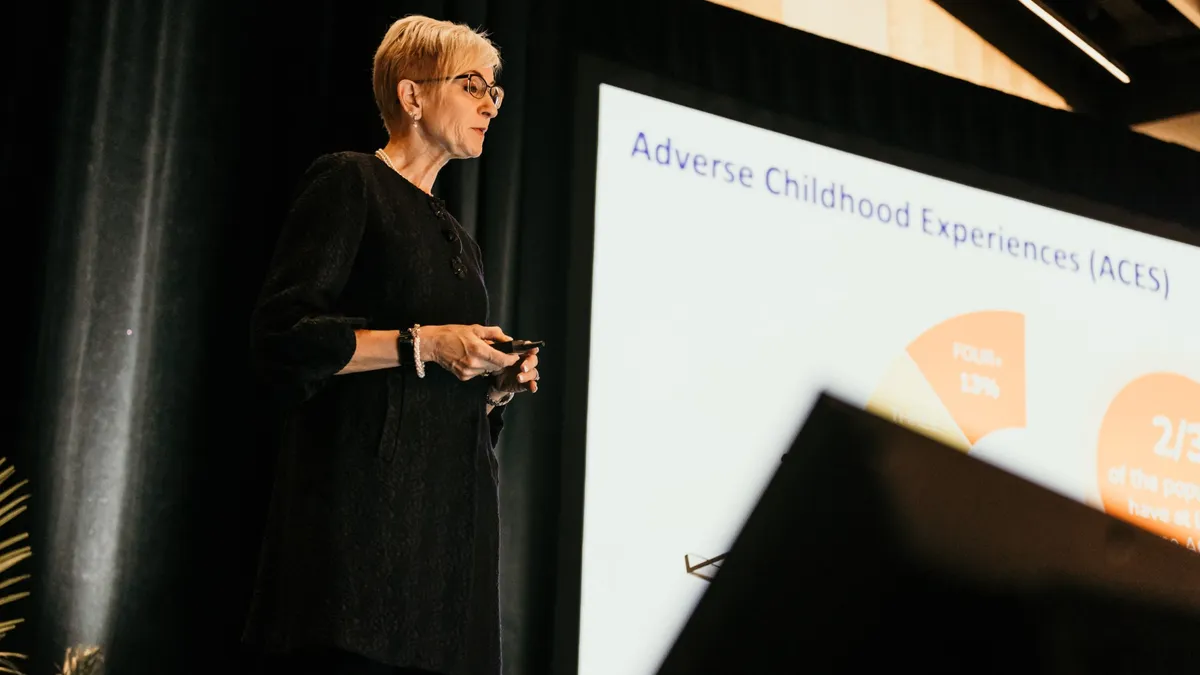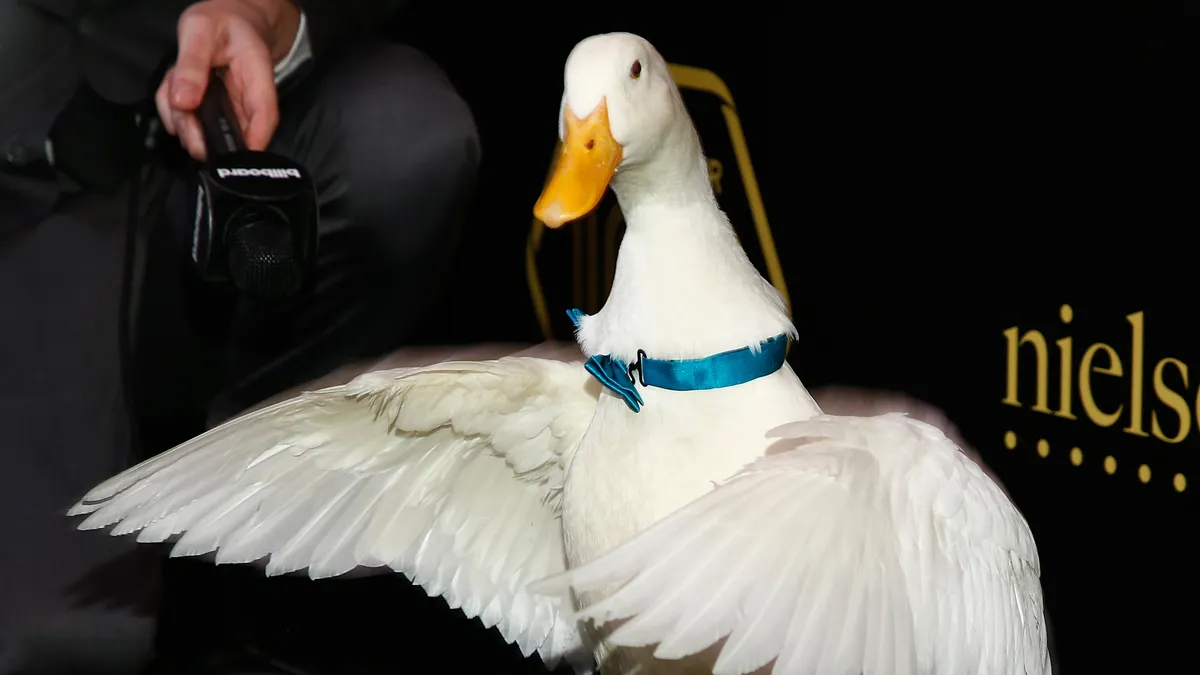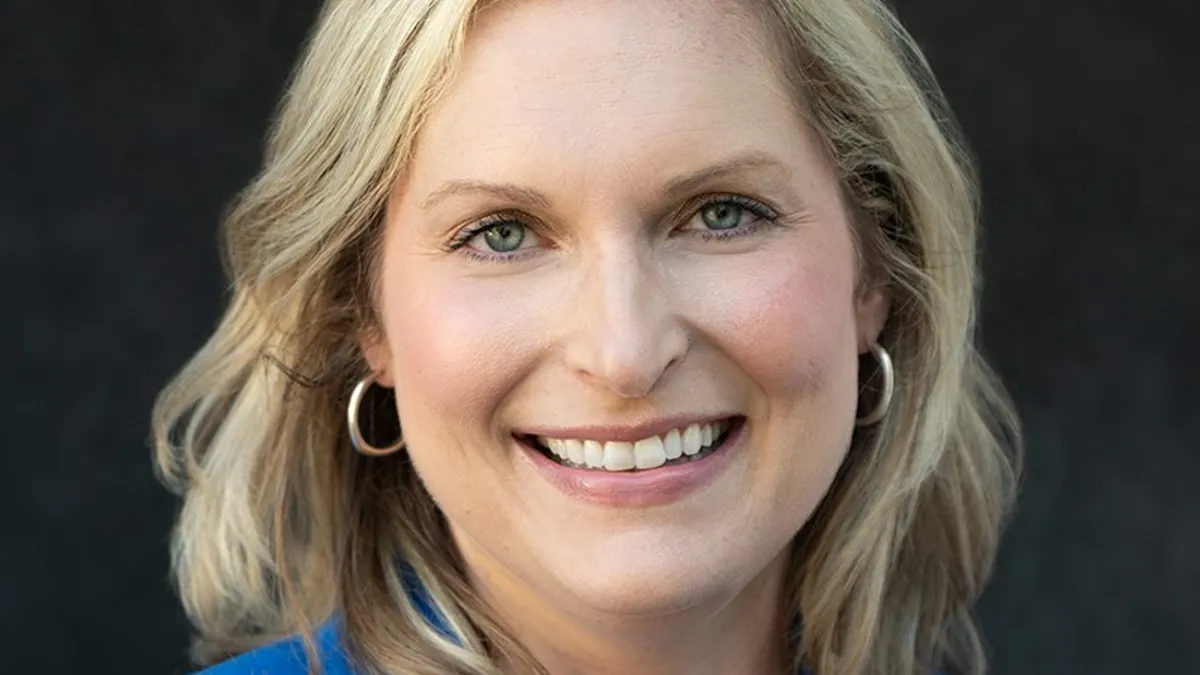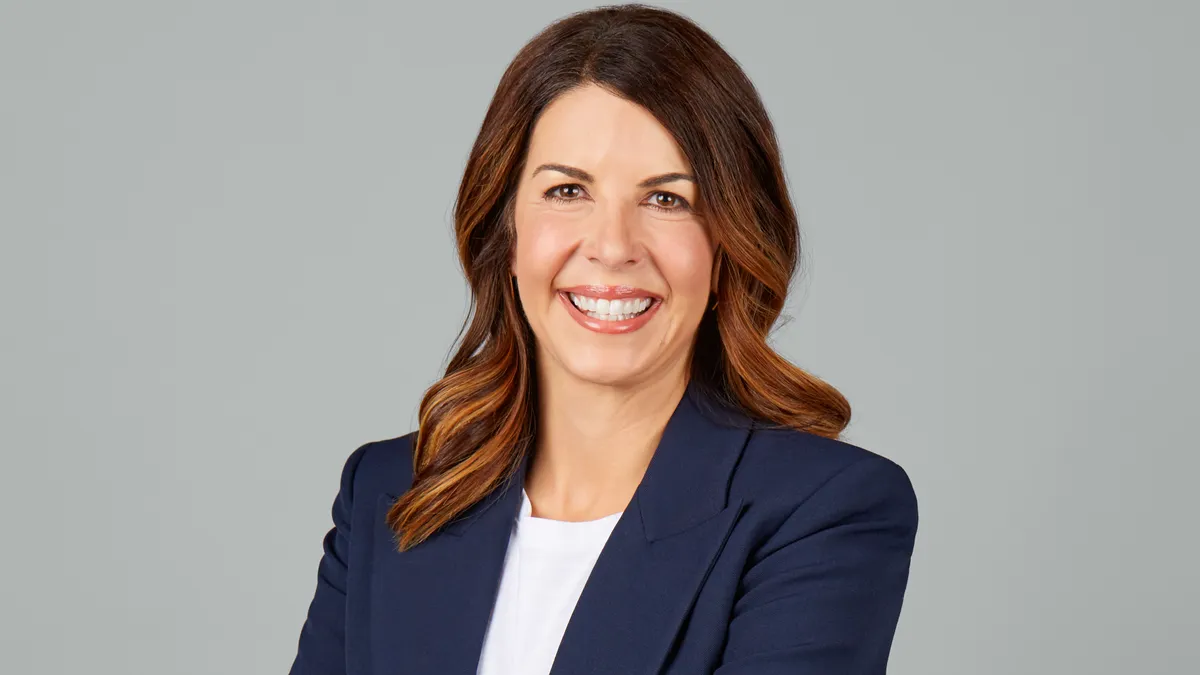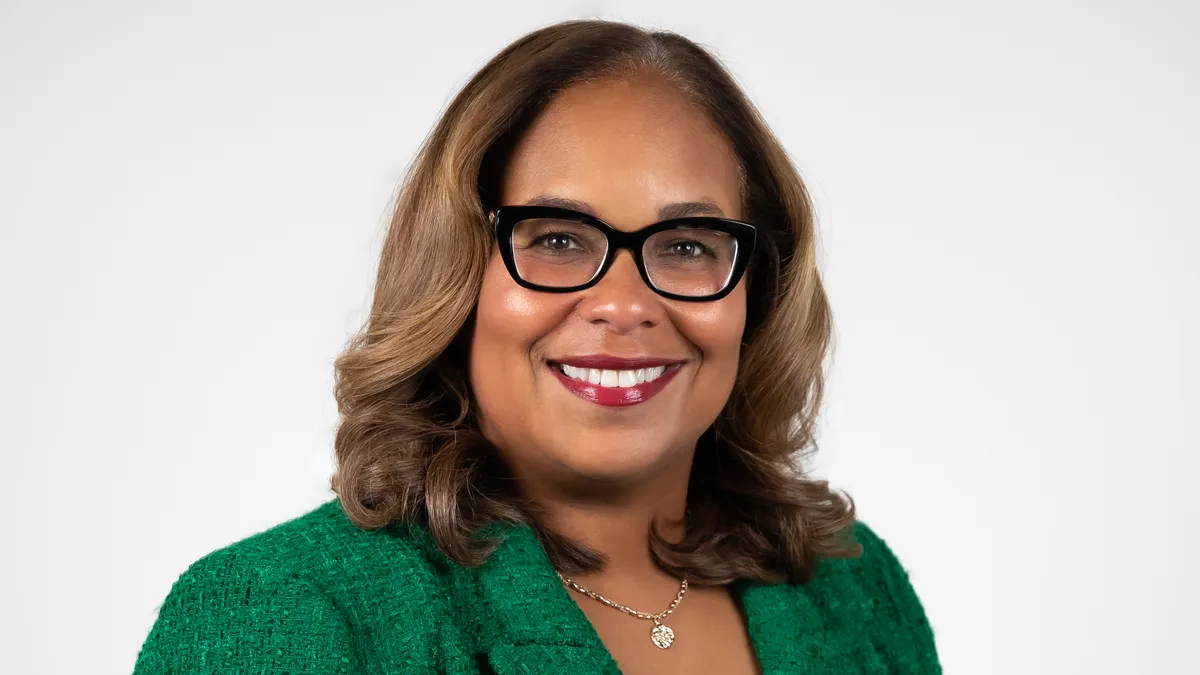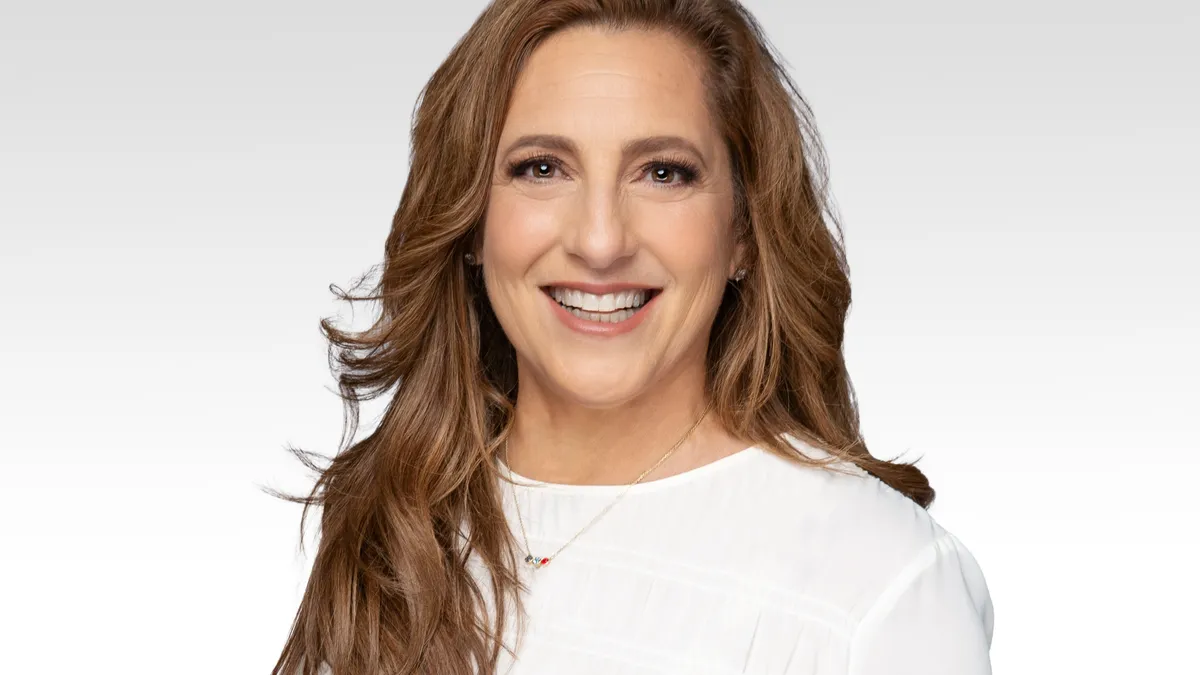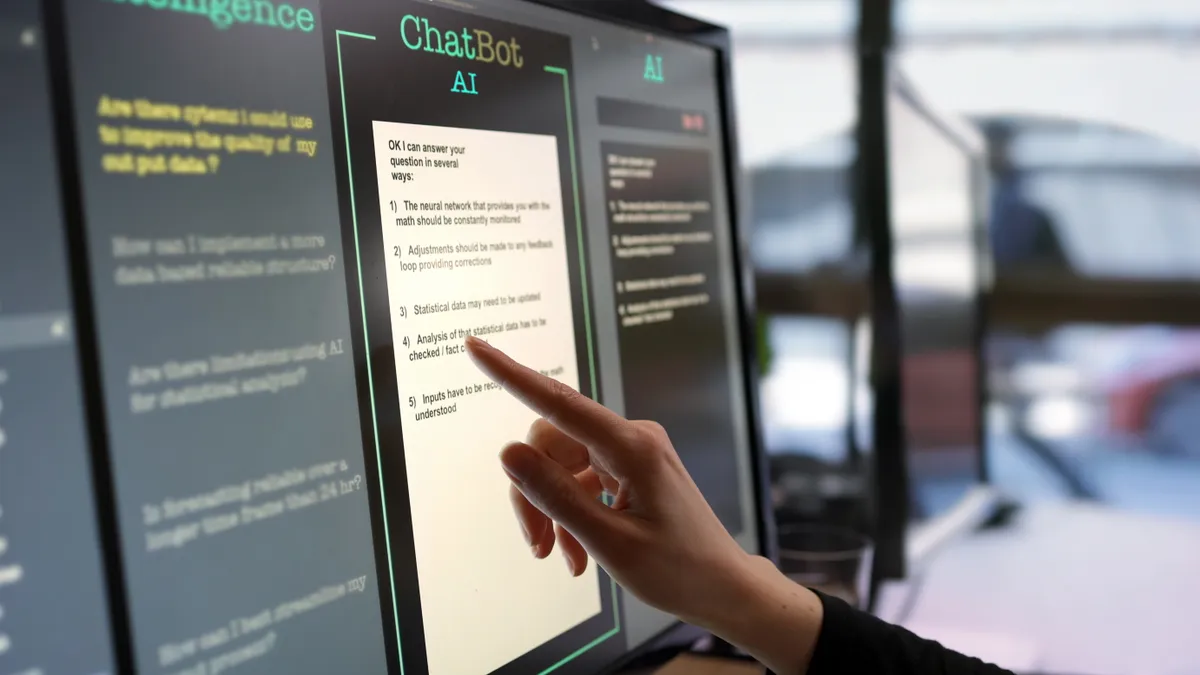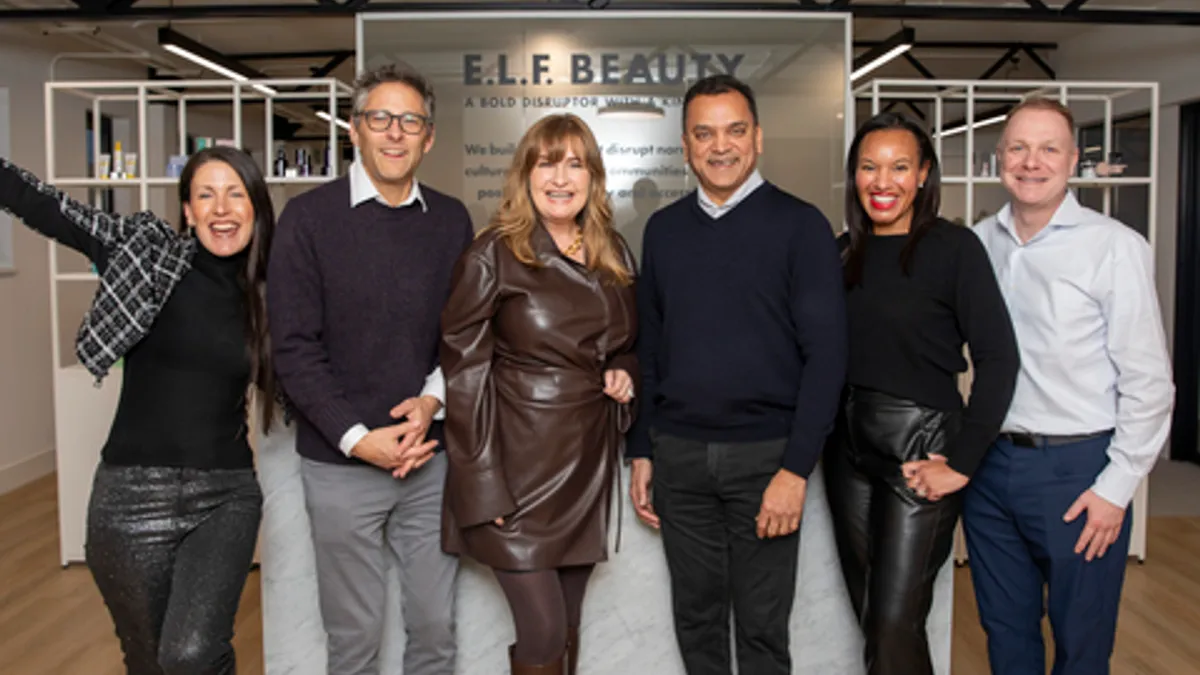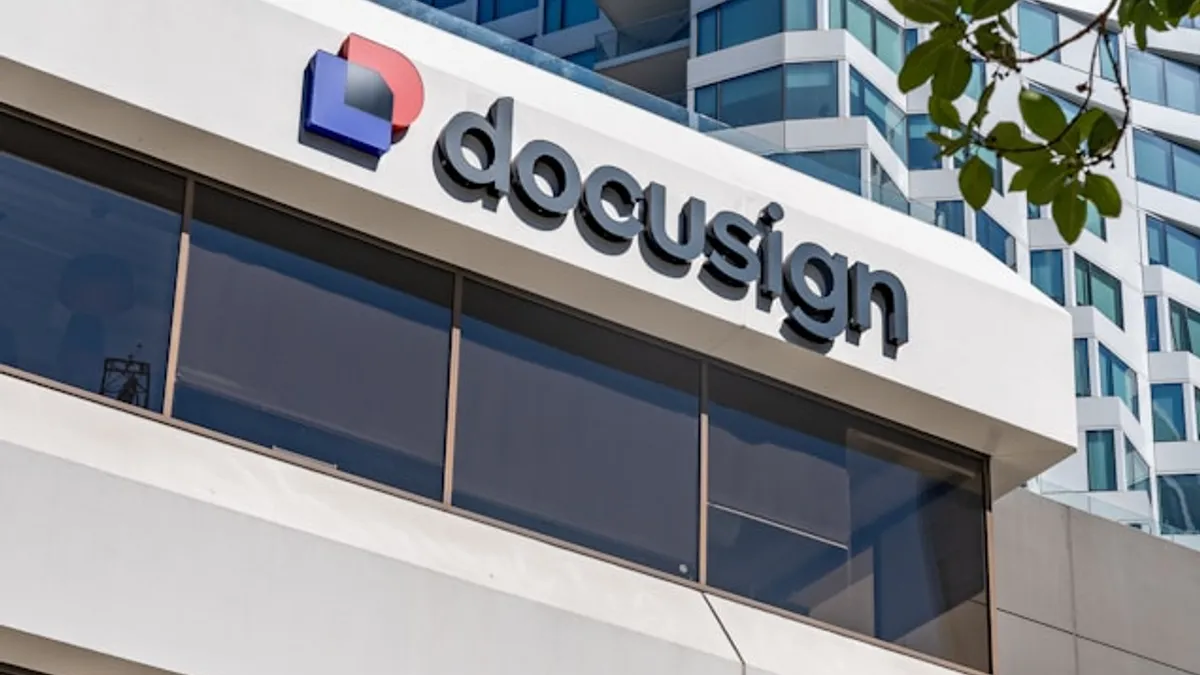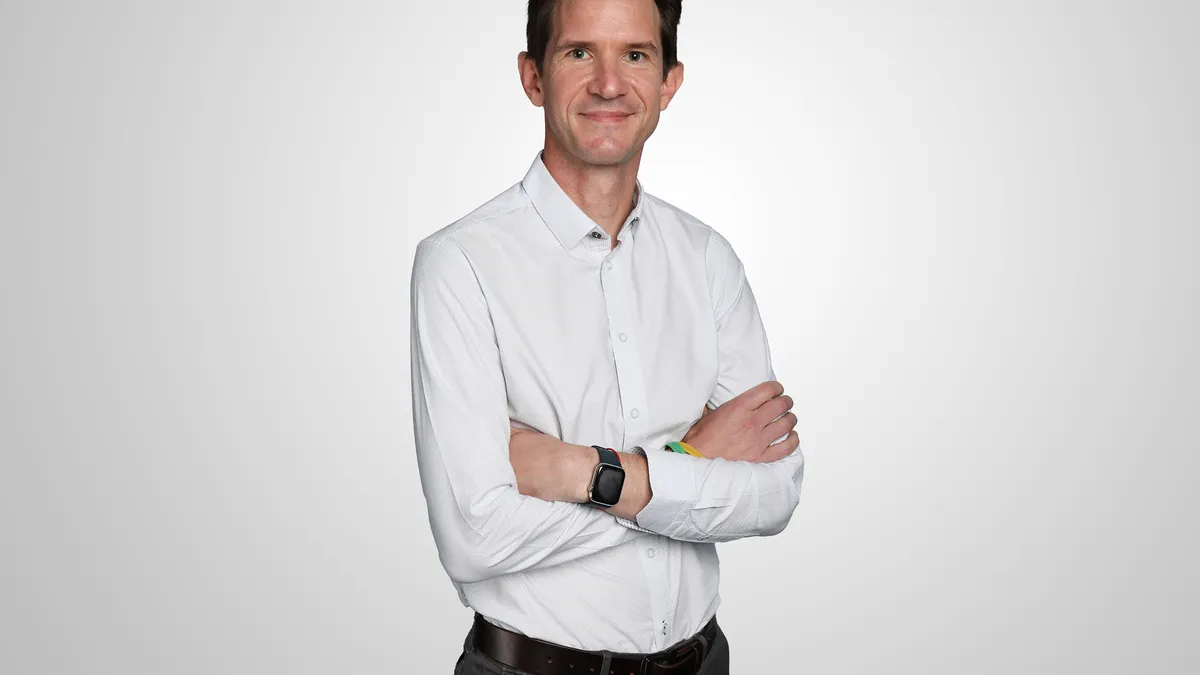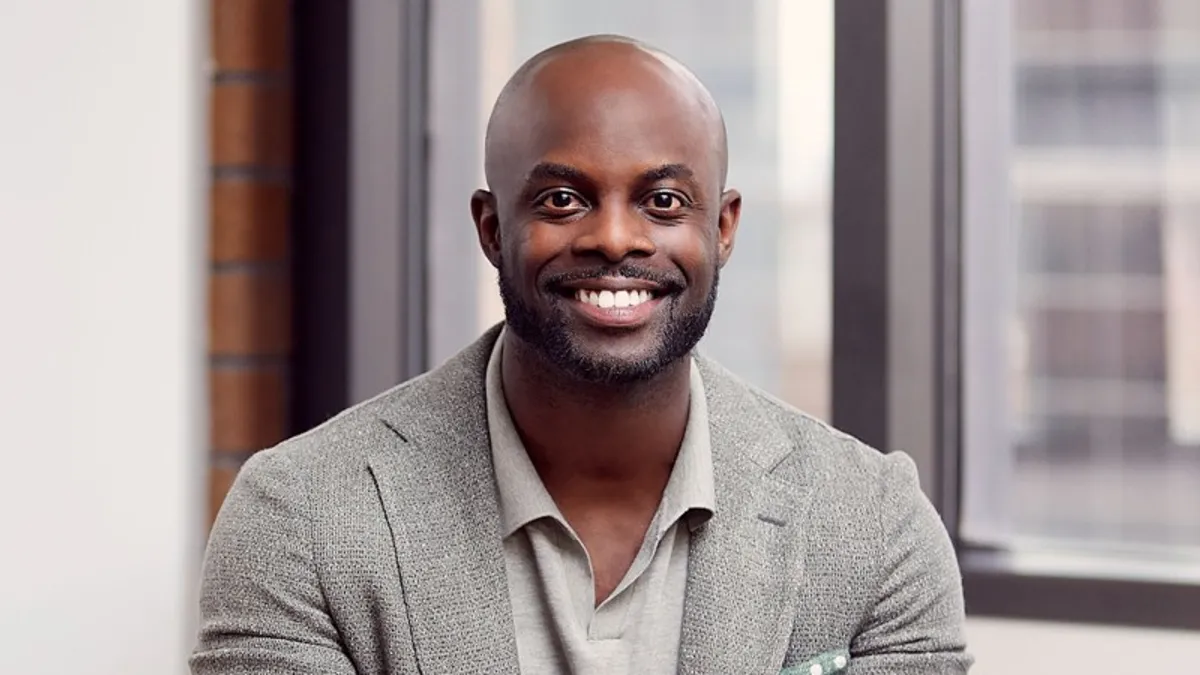When you meet Susan Winchester, she will probably offer to mail you a copy of her book for free.
Winchester, chief human resources officer at Applied Materials, a semiconductor manufacturer, said she cares more about sharing her message than making a profit on her work, Healing at Work: A Guide to Using Career Conflicts to Overcome Your Past and Build the Future You Deserve.
“I think a lot of people would be surprised that my career accomplishments were fueled by an underlying belief that I wasn't good enough,” Winchester said. “I’m very blessed and privileged to be the head of HR for a very successful company, but underneath all that success is a lot of pain.”
She is driven to create trauma-informed company cultures where workers actively confront their underlying limiting beliefs and learn how to rewire their brains to respond in healthier ways.
Prior to her role at Applied Materials, Winchester was CHRO at Rockwell Automation and worked in HR at the Kellogg Co.
This conversation was edited for clarity and length.
HR DIVE: How is the industry changing right now?
SUSAN WINCHESTER: The industry has evolved in that it has gotten way more complex. HR leaders are now playing a really key role in helping to navigate a lot of different complex issues, and employees who have very different views on things. How do you navigate, from a leadership standpoint, having a voice on issues because that's important to employees? That wasn't the case 20 years ago. Twenty years ago, there wasn’t social media. It’s a totally different world.
I think employees have more expectations of their companies, and they want to feel connected to the company. They want to see if the company is connected to things that matter to them, and that’s fairly complicated. If you don't have a statement or a voice on it, people feel that you don't care. And in HR, we've always wanted people to know that we care.
Do you have any mentors who you turn to for advice?
Sometimes we try to think that you have to have one mentor. I've discovered that actually I like having what I call my personal board of advisors. They don’t know they’re on a board; it’s a board in my head. Over time, I've been able to create this experience of people around me who I can go to depending on what the cause or issue. I never feel alone.
When you are not at work, what are you doing?
I’m an equestrian. I’m a competitive rider. I love riding. I love my horse community, my friends, my trainers; I love the environment. I like to compete with different horses with different personalities.
I also wrote a book in 2021. It's really a manifestation of my purpose, which is to teach self acceptance to create a more joyful world. It is a guide to using career conflicts to overcome your past and build the future you deserve. I basically teach people how to use the workplace as a laboratory for emotional healing. I spend a lot of time sharing that message with my own company. I built a digital course to offer to people in the company who can take it in practice.
How did you get into riding?
My dad was a minister in a small community, and one of the members of the church, the daughter, had a horse. I remember she invited us over, my sister and me, when we were about four years old. I started taking lessons when I was 10. It’s just part of who I am.
What is your guilty pleasure?
I love the show America’s Got Talent. I don't watch it enough, but I just really find it fun and entertaining and uplifting.
Do you do a lot of reading?
I do a lot of audible books on self development and personal development. One of the books I recently finished was called 4,000 Weeks by an author named Oliver Burkeman, who puts our life in context. If you were to live to age 80, you have 4,000 weeks of your life. How do you want to spend those weeks and prioritize what matters most?
What advice would you give someone just starting in HR or at the beginning of their career journey?
I wish somebody had told me about what I'm teaching in Healing at Work. It would have saved a lot of human suffering.



